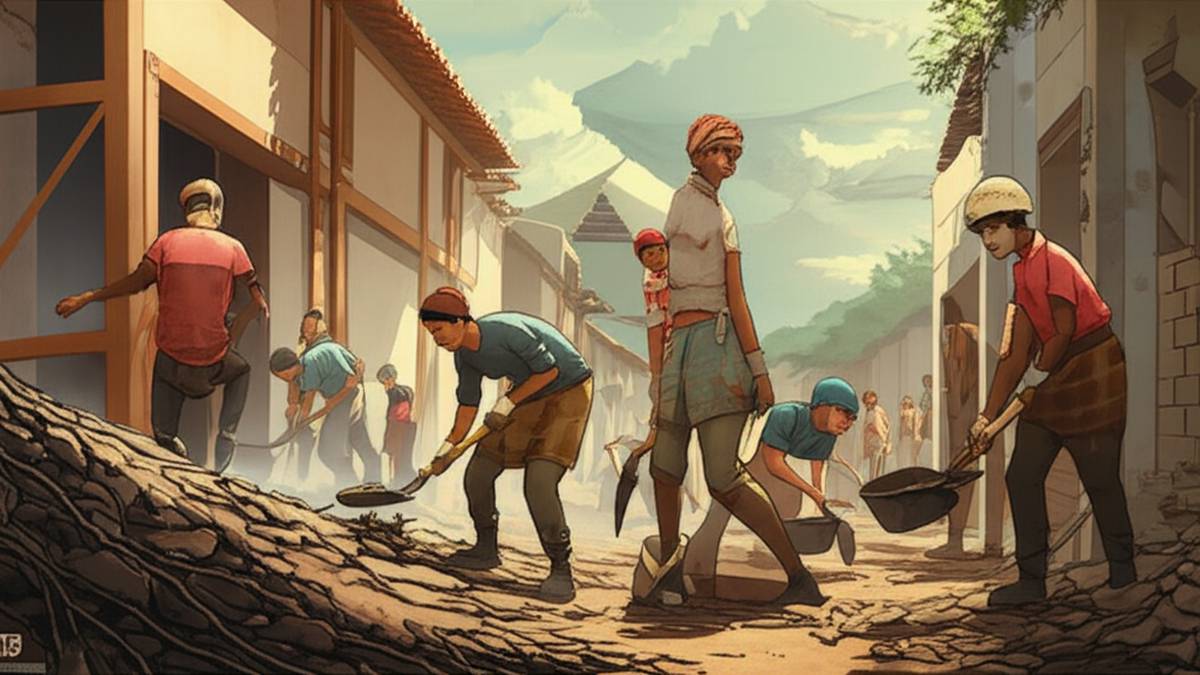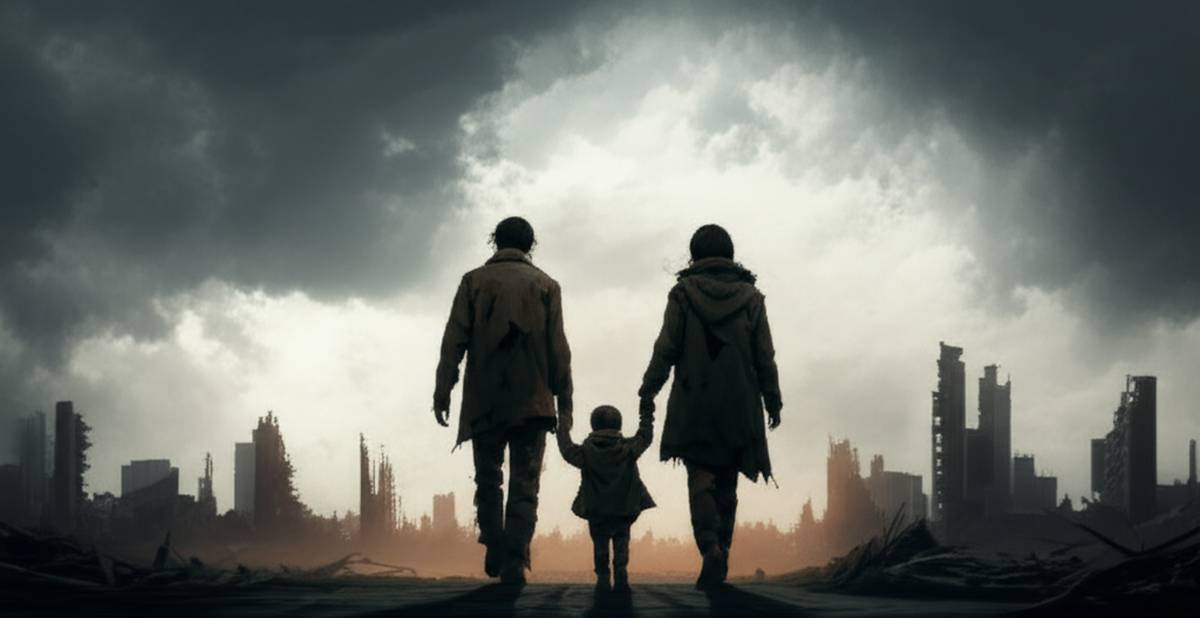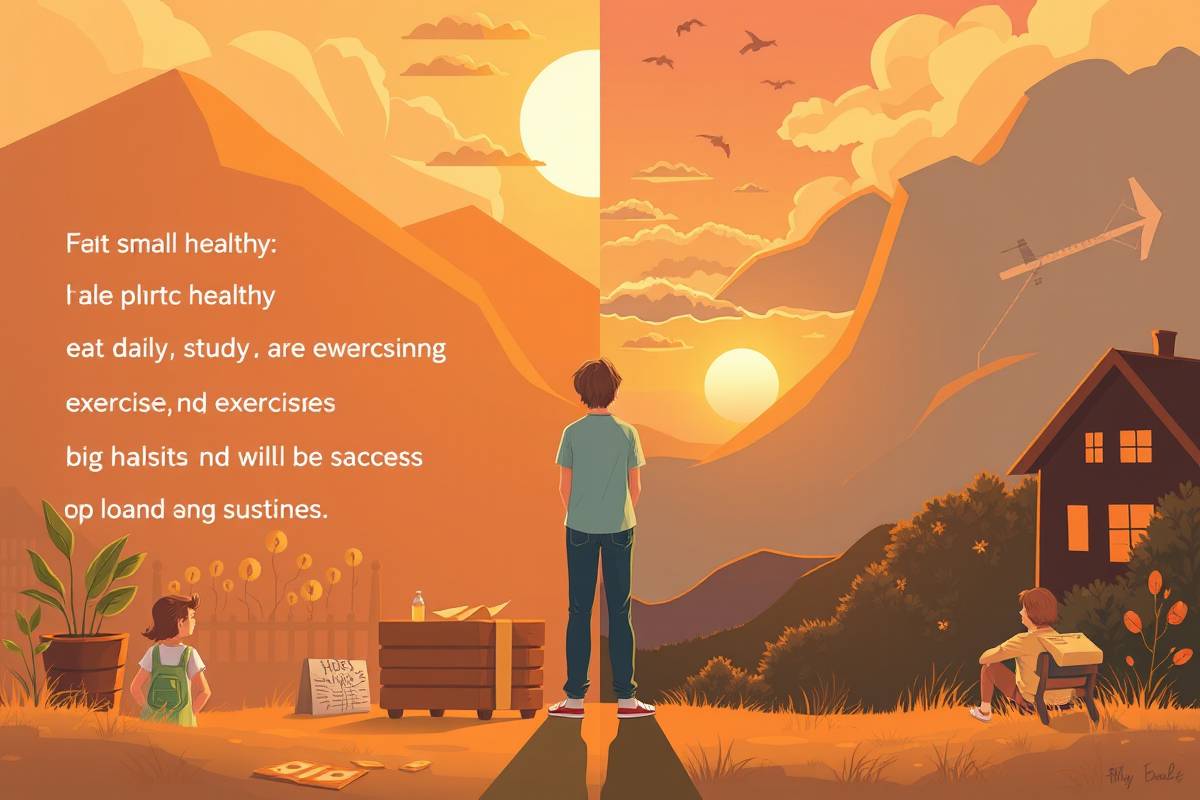The thought of life after the bombs fall is terrifying. It’s a scenario most of us try to avoid contemplating. But facing the potential reality, understanding the challenges, and preparing with compassion is crucial, not just for survival, but for rebuilding a meaningful life. This guide aims to offer practical steps and a hopeful perspective on navigating the unimaginable. At Billionmode, we believe in empowering you to face any challenge, even the most daunting. Start your journey to resilience at Billionmode Start Here.
Understanding the Immediate Aftermath
The initial period after the bombs fall will be chaotic and dangerous. Your immediate priorities are:
- Shelter: Find or create immediate protection from the elements and potential fallout. This could be a basement, a reinforced structure, or even a hastily constructed shelter.
- Water: Securing a clean water source is paramount. Rainwater collection, finding underground springs, and water purification techniques are essential.
- Food: Accessing existing food supplies (if safe) and starting to cultivate new sources will be crucial for long-term survival.
- Safety: Protecting yourself and your loved ones from immediate threats, including other survivors and environmental hazards, is critical.
Radiation Exposure and Safety
One of the most significant dangers after the bombs fall is radiation exposure. Understanding the basics of radiation and how to mitigate its effects is vital. Shielding (distance, time, and material) is your best defense. Resources like the CDC provide valuable information on radiation emergencies.
Long-Term Survival Strategies
Surviving the initial chaos is just the first step. Long-term survival after the bombs fall requires a different set of skills and strategies.
Building Sustainable Communities
Human beings are social creatures. Rebuilding communities is essential not just for survival but also for psychological well-being. This involves:
- Establishing Governance: Creating fair and effective systems for decision-making and resource allocation.
- Sharing Skills and Knowledge: Pooling resources and expertise to address the challenges of rebuilding. Consider exploring opportunities for wealth building to support community initiatives even in challenging times.
- Providing Emotional Support: Trauma will be widespread. Creating safe spaces for sharing experiences and offering support is essential. Nurturing a positive money mindset can help overcome adversity.
Cultivating Food and Resources
Reliance on scavenged resources is unsustainable. Learning to cultivate food and create essential resources is crucial after the bombs fall. This includes:
- Gardening and Farming: Growing food crops using sustainable techniques.
- Animal Husbandry: Raising livestock for food and other resources.
- Resourcefulness: Repurposing and recycling materials to create tools, shelter, and other necessities.

The Psychological Impact and Healing
The psychological toll after the bombs fall will be immense. Trauma, grief, and loss will be widespread. Addressing these issues is crucial for long-term healing and rebuilding a meaningful life.
Coping with Trauma and Grief
Acknowledging and processing trauma is essential. This involves:
- Seeking Support: Connecting with others and sharing experiences.
- Practicing Self-Care: Prioritizing physical and emotional well-being.
- Finding Meaning: Re-establishing purpose and meaning in life. Consider how life design principles can help you navigate this new reality.
Rebuilding Hope and Purpose
Despite the devastation, finding hope and purpose is essential for moving forward after the bombs fall. This involves:
- Focusing on the Future: Setting goals and working towards a better tomorrow.
- Celebrating Small Victories: Acknowledging progress and finding joy in simple things.
- Embracing Resilience: Recognizing the strength and adaptability within ourselves and others.
Harnessing Technology for Survival
While technology may seem irrelevant in a post-apocalyptic world, certain technologies can prove invaluable after the bombs fall. For example, understanding digital income concepts could help in bartering and resource management. Exploring AI automation for survival tasks might seem far-fetched, but creative problem-solving could lead to unexpected solutions.
Consider these potential uses:
- Solar Power: Providing electricity for essential needs.
- Water Filtration Systems: Purifying water sources.
- Communication Devices: Maintaining contact with other communities.
Call to Action
Are you ready to face the future with confidence and resilience? Join the Billionmode community and unlock your potential for building wealth, achieving freedom, and living a meaningful life, even in the face of adversity. Subscribe to our newsletter today and receive exclusive resources and guidance on disaster preparedness, financial stability, and personal growth. Let’s build a better future, together. Learn more on the Billionmode blog.
Conclusion
Life after the bombs fall will undoubtedly be challenging. But by understanding the potential threats, developing essential skills, and fostering community resilience, we can increase our chances of survival and rebuild a meaningful life. Compassion, adaptability, and a commitment to hope are our greatest assets in the face of unimaginable adversity.
FAQ: Frequently Asked Questions
What are the most important skills to learn for survival?
The most important skills include water purification, food cultivation, basic medical care, shelter building, self-defense, and community building. Adaptability and resourcefulness are also crucial.
How can I prepare my family for a potential disaster?
Create a disaster preparedness plan that includes a designated meeting place, emergency supplies, and a communication strategy. Practice the plan regularly and ensure everyone knows their roles and responsibilities. Discussing potential scenarios and fostering open communication can also help reduce anxiety and improve resilience.
What role does community play in survival scenarios?
Community is vital for survival. Pooling resources, sharing skills, and providing emotional support are essential for overcoming challenges and rebuilding a sustainable society. Strong communities can also offer protection and security in chaotic environments.



